IVF method is a method of assisted reproductive technologies (ART) which are used in that case when infertility curing by the methods of “the first line” (ovulation induction, intrauterus insemination, curing by operation) does not reach any result. Besides in vitro fertilization methods of ART includes ICSI (injection of one spermatozoa inside the oocytes), embryos cryopreservation and so on.
IVF curing – recommendations for patient
We recommend you to read this information before IVF program. We also recommend you to read this information once again after the beginning of IVF program. If you will have some questions during the process of curing it would be better to ask your doctor all necessary questions. This information and your doctor will answer all common and individual questions.
Recommendations before IVF program will be started.
If you are planning IVF program it would be better for you to discuss all the questions with your doctor one or two months earlier the period when you plan IVF cycle. During the consultation your doctor will see the results of previous exams. Some new exams will be necessary to pass: common gynecological consultation, ultrasonic exam, exam of hormonal state, exams on some infections. Some additional examinations will be done if it will be necessary.
The doctor will give you the example of the contract with our clinic for medical service and IVF program (IVF program will include method of ICSI, IMSI, assisted hatching). All documents and contracts should be signed by both sides: clinic and patient. You will be informed about the time of consultation with the doctor where you will look through the contract and ask all the questions. One of the main conditions for IVF program start is using of not hormonal but mechanical contraceptives (condoms).
Recommendations for increasing of result after IVF program:
For women:
1) To avoid using of any medicines accept aspirin. If it will be necessary to use some medicines it will be better to discuss it with your doctor;
2) Stop smoking and alcohol drinking;
3) Do not drink coffee a lot (not more then two cups a day);
4) Do not change your food with purpose to loose the weight;
5) Do not use hot bath;
6) Do not have the contact with ill persons (some viruses). Be careful and do not catch a cold. If there will be some problems with your health, please inform your doctor about it.
For men:
1) The increase of your body temperature up to 38?C one or two months earlier the period when you plan IVF cycle can influence negatively the IVF/ICSI result. That is why it is necessary to inform your doctor about any problems with your health.
2) Do not visit hot bath.
3) Stop smoking and alcohol drinking before IVF program will be started
4) Stop sexual contacts before 3 (but not more then 7) days to transvaginal puncture.
For couple:
If you have some herpes infection you should inform you doctor about previous symptoms. Any serious problems with herpes infection will stop the process of IVF cycle.
Stages of IVF program
The purpose if curing by IVF method is getting of big amount of oocytes for in vitro fertilization (a fertilization outside of woman organism) by husband’s or donor’s semen and transfer of got embryos to the uterus. Curing cycle includes 15-30 days (it depends on the protocol).
It includes 4 basic stages.
- Stimulation of ovulation. During this stage the growth of woman’s oocytes with the help of different medicines is stimulated. The procedure includes:
• laboratory examinations – for the oocytes growth control;
• ultrasonic control – for the follicles growth and endometrial growth control. - Follicles puncture – the procedure of oocytes receive.
- Embryos culture – the stage of oocytes fertilization and control of embryos development.
- Embryos transfer – with the help of special catheter embryos are transferred to the uterus.
Risks of the IVF program
Even after the curing by IVF method in some cases the pregnancy is not received. There are the next factors why the IVF program is failed:
• the growth of oocytes is absent;
• the ovulation starts before the common basic period;
• the impossibility to receive the oocytes during the puncture;
• low oocytes quality;
• the fertilization is absent because of the low oocytes or semen quality;
• the case of polyspermia;
• the process of embryo development is absent or there is the low embryos’ quality;
• problems of embryo implantation;

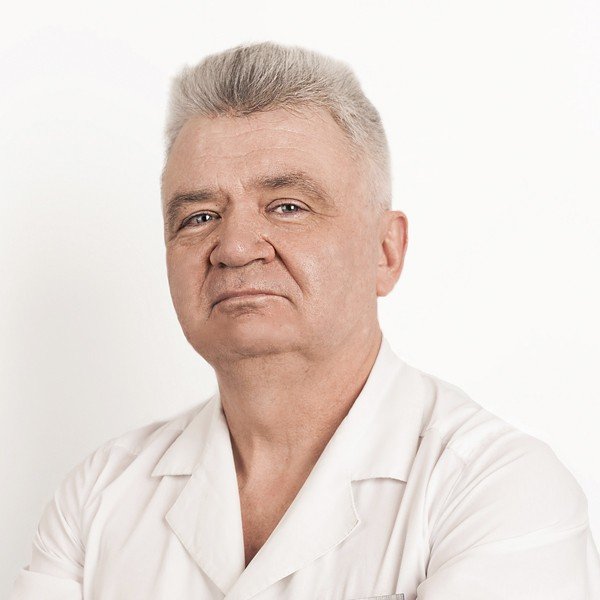
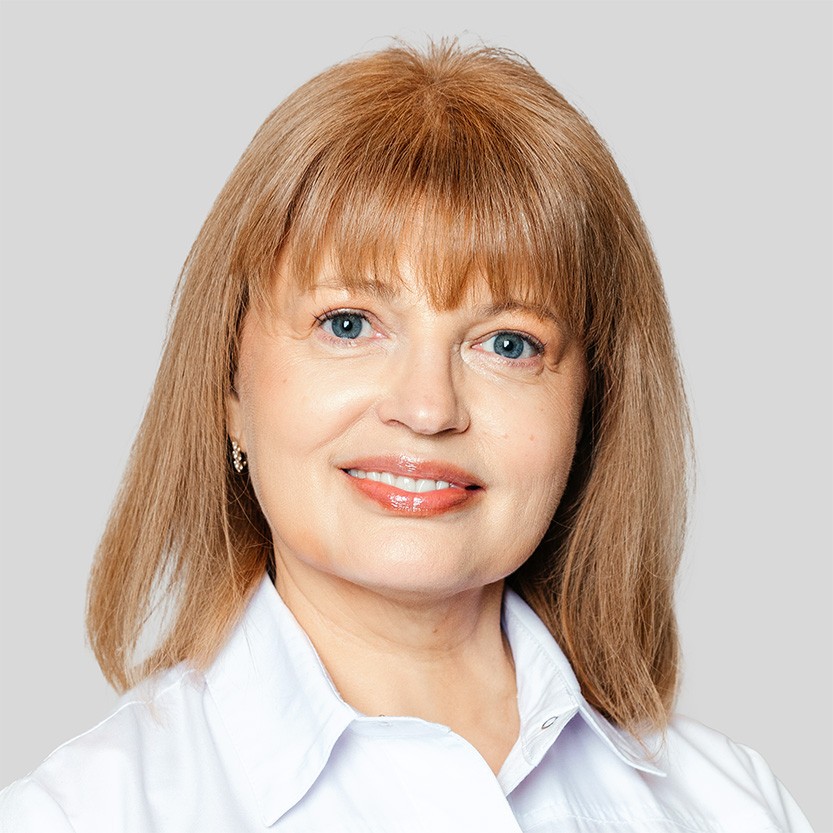
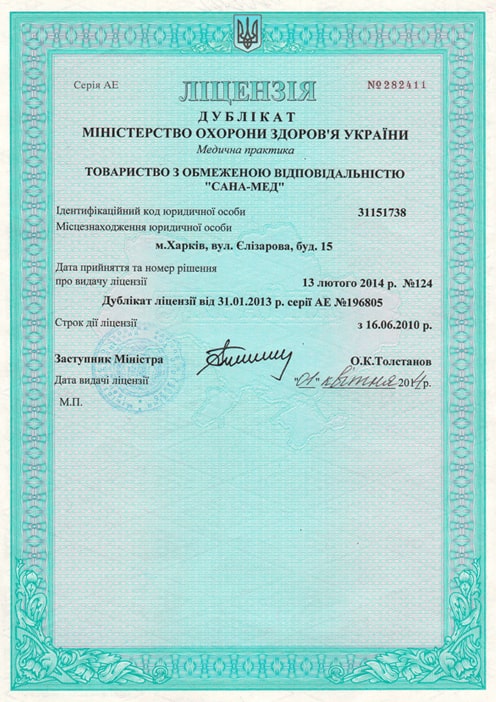
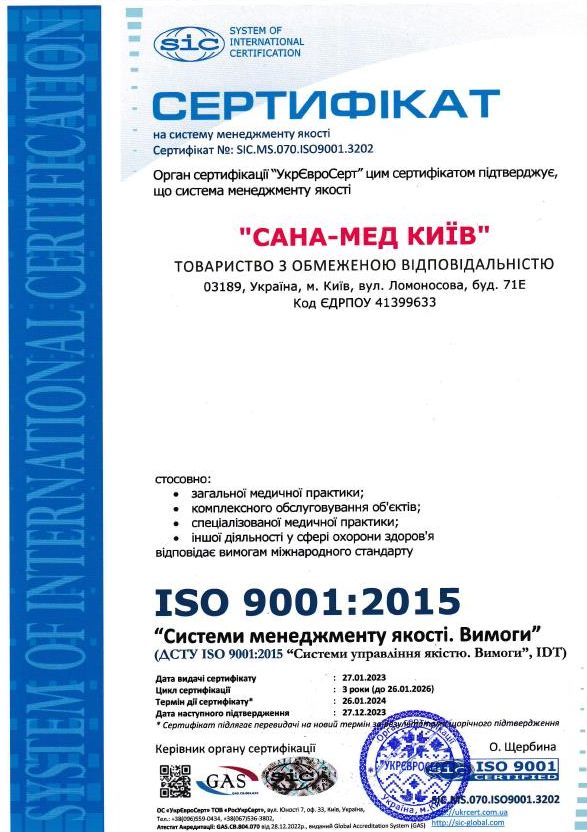
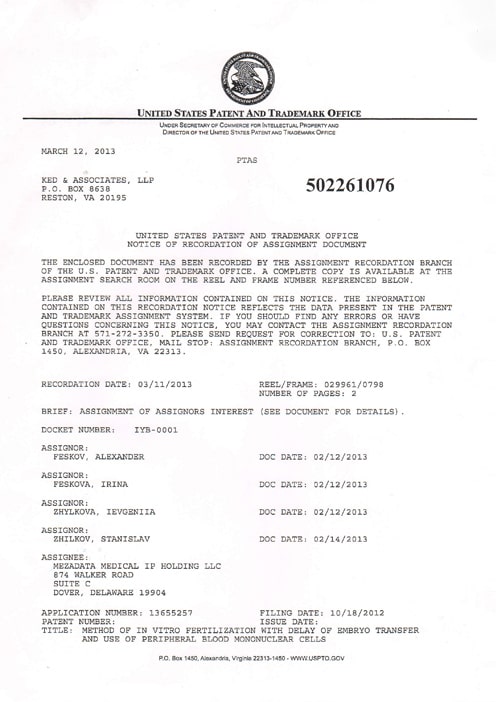
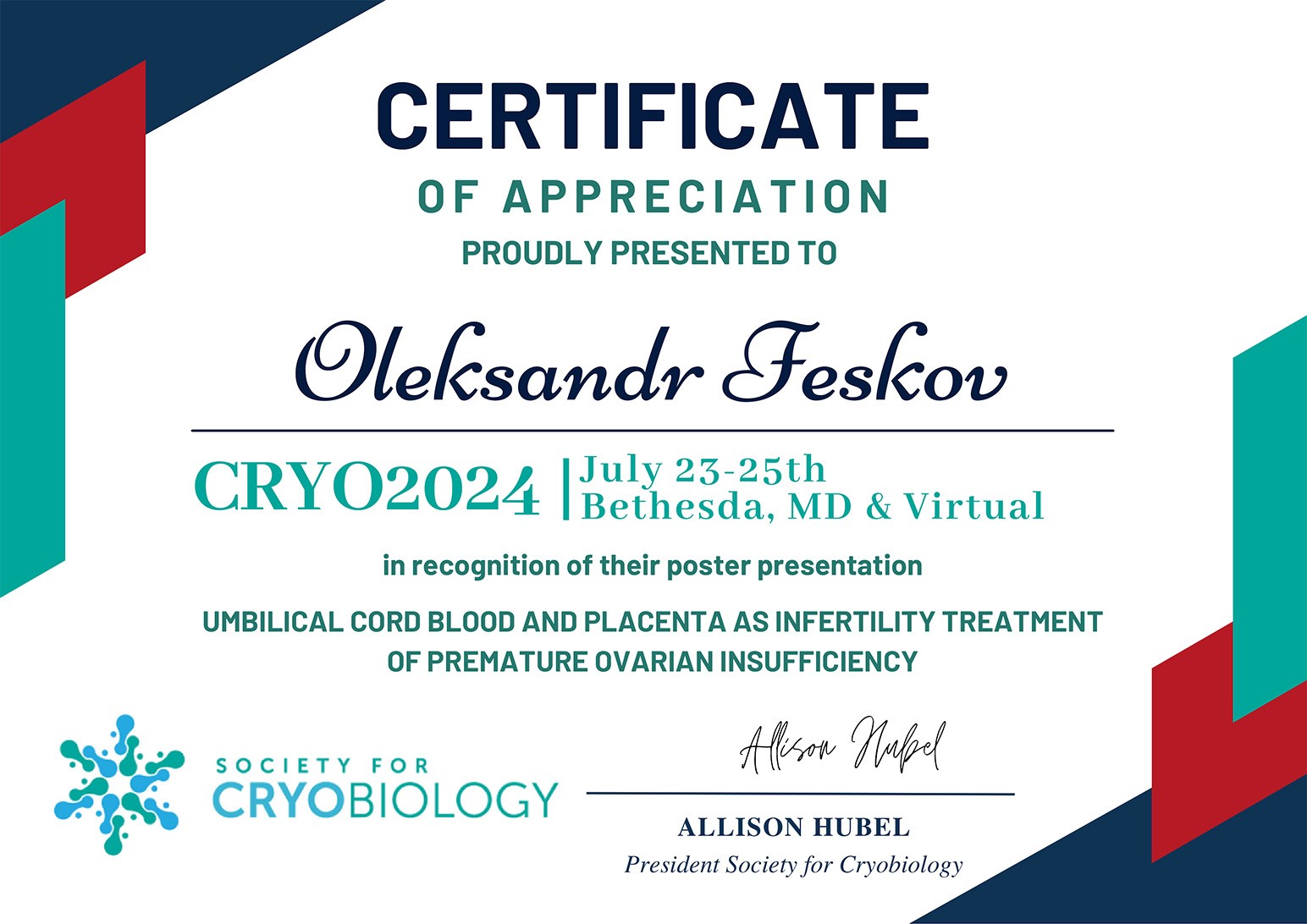
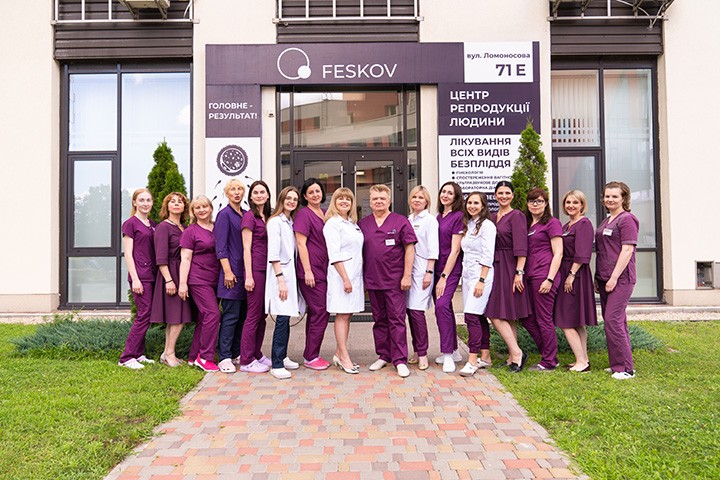
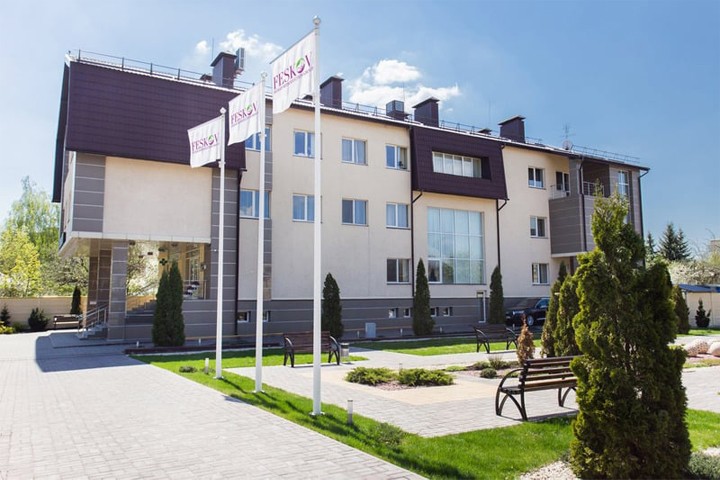

Reviews about us
My name is Paul and I am from Los Angeles, California. I heard a lot of very good reviews about this particular hospital. I had some fluid built up in my scrotum along with some dead veins which caused a lot of pain. I was very nervous. After surgery, I did not feel very much pain and I was walking around freely the next day. I was very pleased to know Doctor Anna Ivanova had about 15 years of experience and performed around 3,000 surgeries. She was also very friendly and patient with me and always came by to make sure everything was taken care of. The whole medical staff was great. Especially my anesthesiologist Kosharnovskiy Andrey and one particular nurse named Oksana. Anesthesiologist Kosharnovskiy Andrey is a very professional specialist who speaks perfect English. He asked me many questions concerning my health. The surgery was successful and the next day Anna, Andrey and Oksana came to my room to make sure I felt good. I would highly recommend Anna and Andrey as the best doctors ever!
Read reviewsI want to share my experience and recommend this clinic to everyone. I was on inpatient treatment (laparoscopy and hysteroscopy) in April 2020, came from Poltava and never regretted it, first the anesthesiologist listened to me carefully and gave his recommendations, then after preparation under anesthesia, a rather complicated operation was performed by a qualified surgeon, modern equipment, excellent comfortable conditions, caring attitude of the staff, well-coordinated teamwork, all this can be found here, for me it is a clinic
Read reviewsWe want to thank two wonderful doctors, Zozulina OM And Ivanova AV Thanks to you, we have a wonderful long-awaited son! Thank you from the bottom of my heart and the whole team of professionals! You are the best in your business!
Read reviewsI want to share my experience and recommend this clinic to everyone. I was on inpatient treatment (laparoscopy and hysteroscopy) in April 2020, came from Poltava and never regretted it, at first the anesthesiologist listened to me carefully and gave his recommendations, then after preparation under anesthesia, a rather complicated operation was performed by a qualified surgeon , modern equipment, excellent comfortable conditions, careful attitude of the staff, well-coordinated teamwork, all this can be found here, for me it is a clinic
Read reviews